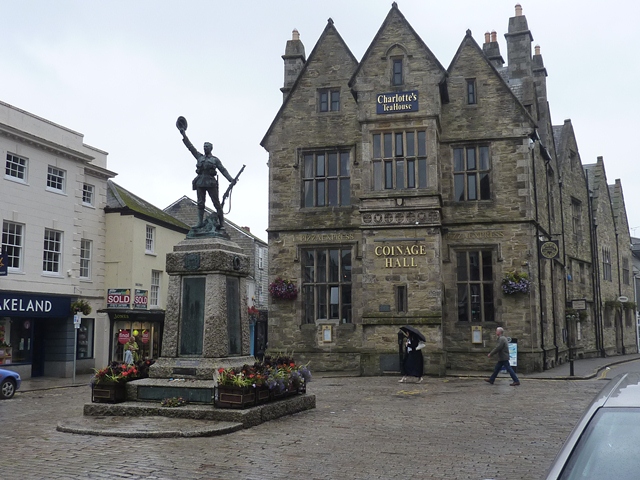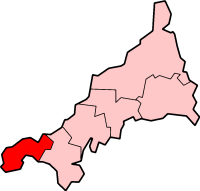 |
| If you had millions and had a public purse to dip into you'd look this happy |
Today the accounts of the Prince Charles Duke of Cornwall have been released and they have caused quite a stir. The headlines are that Charles Windsor's income is up by a million pounds in the last year, funding from the taxpayer was up £298,000 and income from the Duchy of Cornwall was up 4% to a staggering £17,796,000. See more from the Guardians here Prince Charles's income up by £1m. This is huge blow for the reputation of this government, preaching austerity to others and slashes jobs and services on an unprecedented scale, yet the ruling class like the royals are spending more of taxpayers money. Quite why the royals can't pay their own way is question on everyone's lips, they certainly are rich enough and it is very callous the way they're spending public money whilst the civil service, companies and ordinary families are having to make do with less.
Now why is this important here in Cornwall? "after all much of Duchy land is outside of Cornwall" is a familiar refrain but one that ignores Cornish history. The Duchy was created in 1337 to provide a living for the heir apparent, the institution of the Duchy was itself a successor to the earlier Earldom which 'inherited' the lands and titles of the independent Cornish kings at the time of the Saxon conquest. So a millennia ago lands in Cornwall and the whole of the Isles of Scilly were appropriated firstly by the Earls and later by the Dukes of Cornwall. The title of Duke also allowed many advantages such as ownership of the rivers of Cornwall, the foreshore and economic facets such as the right to ports dues and a percentage of the tin trade. The latter was collected through a system of coinage whereby a corner of all tin extracted in Cornwall was struck off as payment to the Duke.
 |
| Truro: just one of the coinage halls of Cornwall |
So in effect I think Charley owes Cornwall more than a little and even a reasonable non-republican might expect the Duke to give something back to the people's whose ancestors keep him in luxury (not to mention the contemporary Cornish taxpayer who shoulders a large burden). This unfortunately couldn't be further from the truth take for example the fact that the Duchy is reluctant to build affordable housing in Newquay, read more on the Cornish Zetetics blog. Or read about the Duke's paltry donation to a statue of a miner in Penwith on the An Helghyer blog. Or the fact that the Duke expects the taxpayer to pay for improvements to his quay on Scilly, more on Alex Folkes blog. Or my own post on why the Duke ought to pay for the upkeep of his own beaches in Cornwall rather than leaving Cornwall Council with the bill.
Prince Charles and the Duchy of Cornwall are beyond cheeky, they spend taxpayers money like it's going out of fashion. The Duchy reaps large profits without the slightest inkling that it might give something back (one tradition that has sadly lived on from medieval times), this has to stop. The royals can't continue to live in their isolated bubble where austerity means nothing and the Duchy has to realise that it is high time that it gives something back to Cornwall. Perhaps Cameron would do well to go and explain to Clarence House the concept of the Big Society and outline what social responsibility is, we're all expected to do more for society with less, it's about time those that could make a huge difference chipped in.
A very interesting website: http://www.duchyofcornwall.eu/index.php
CS5NQ57B8WVN




